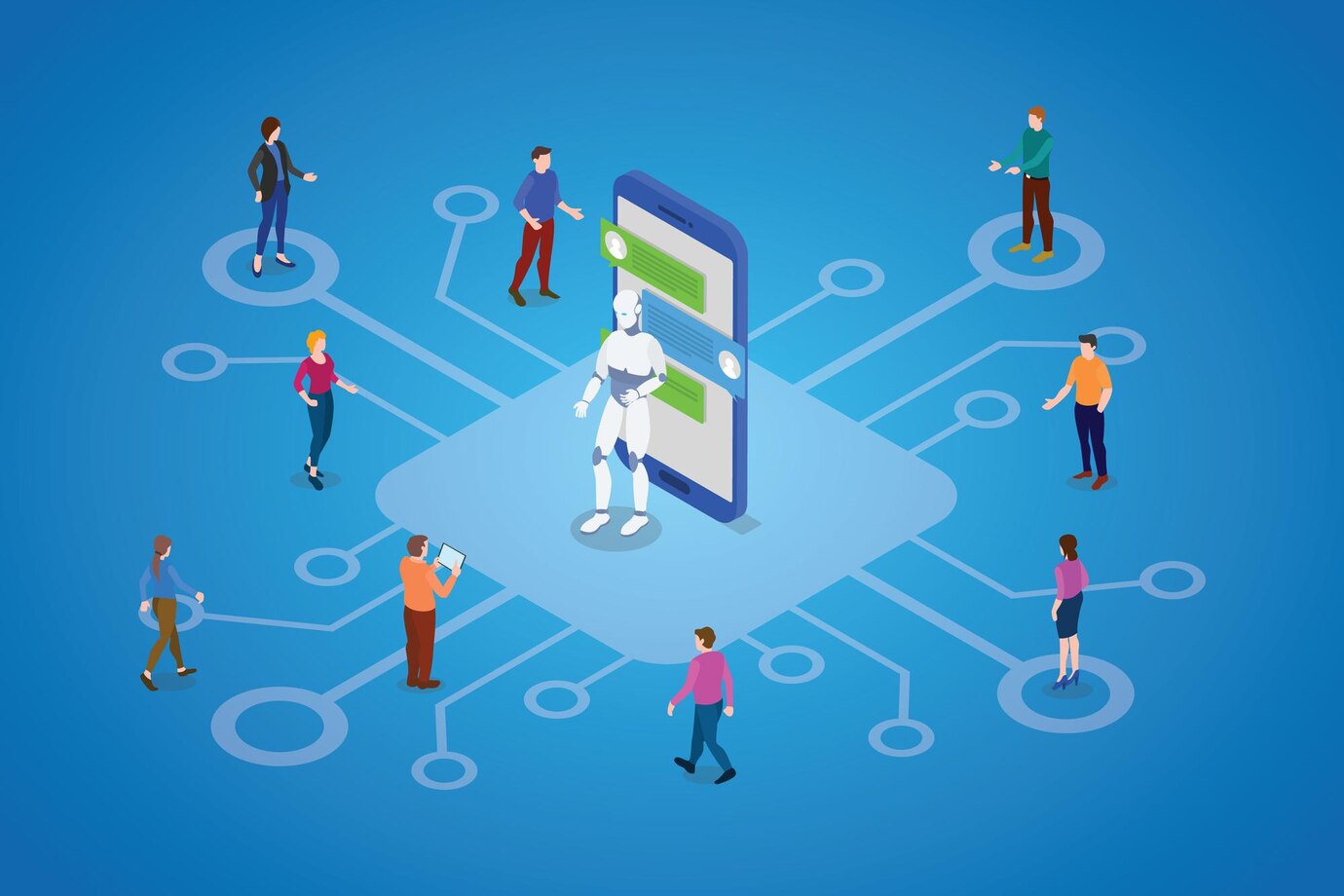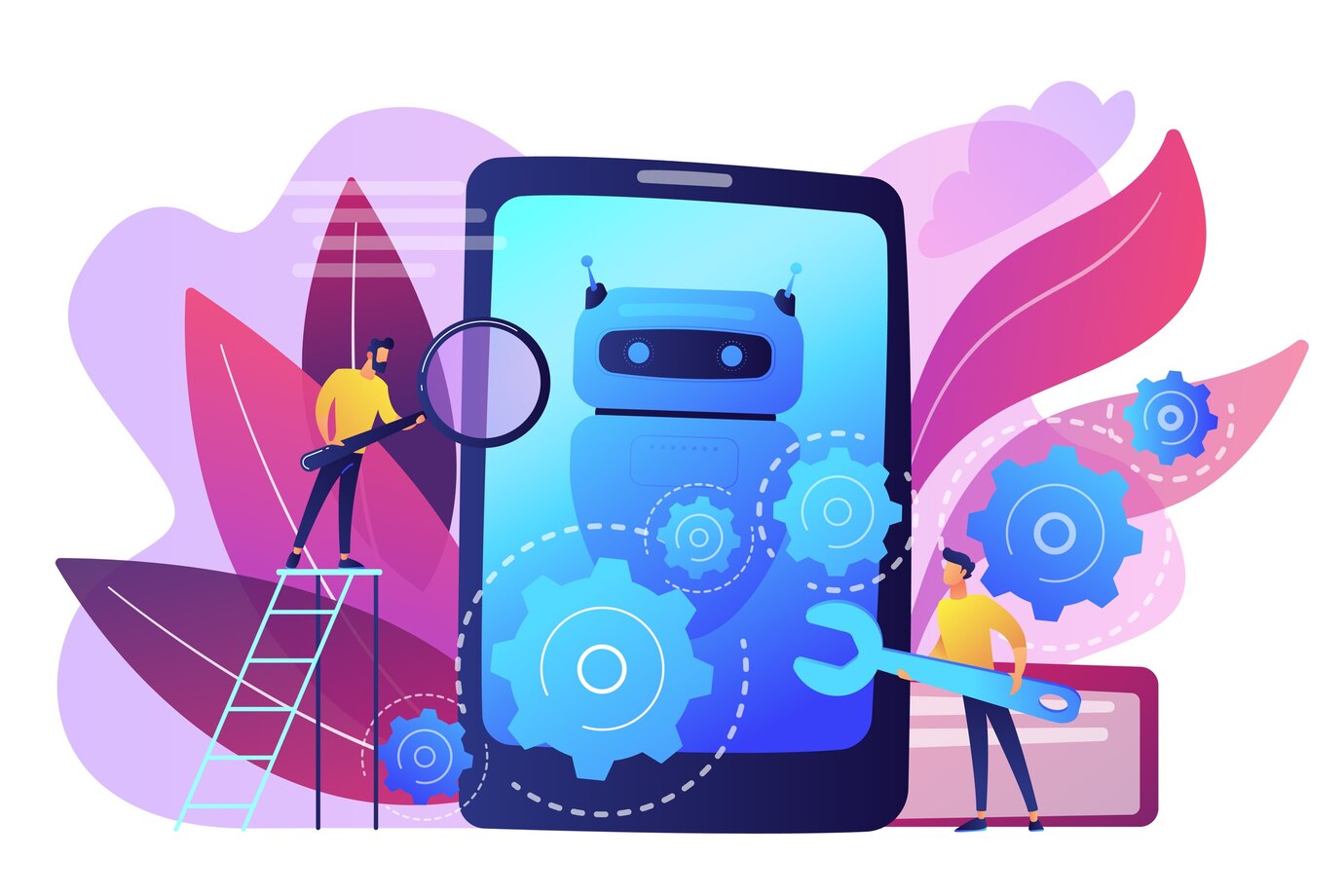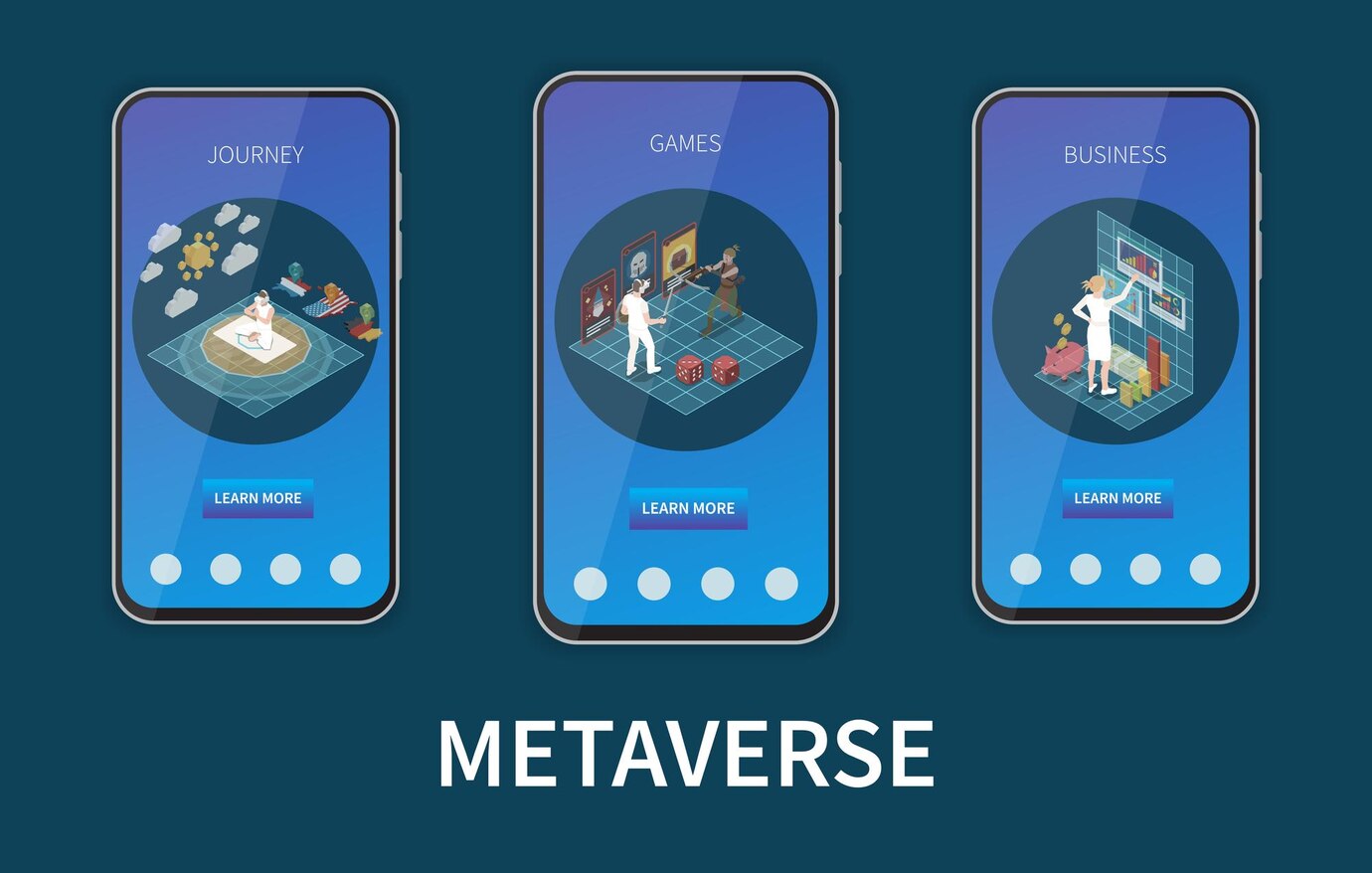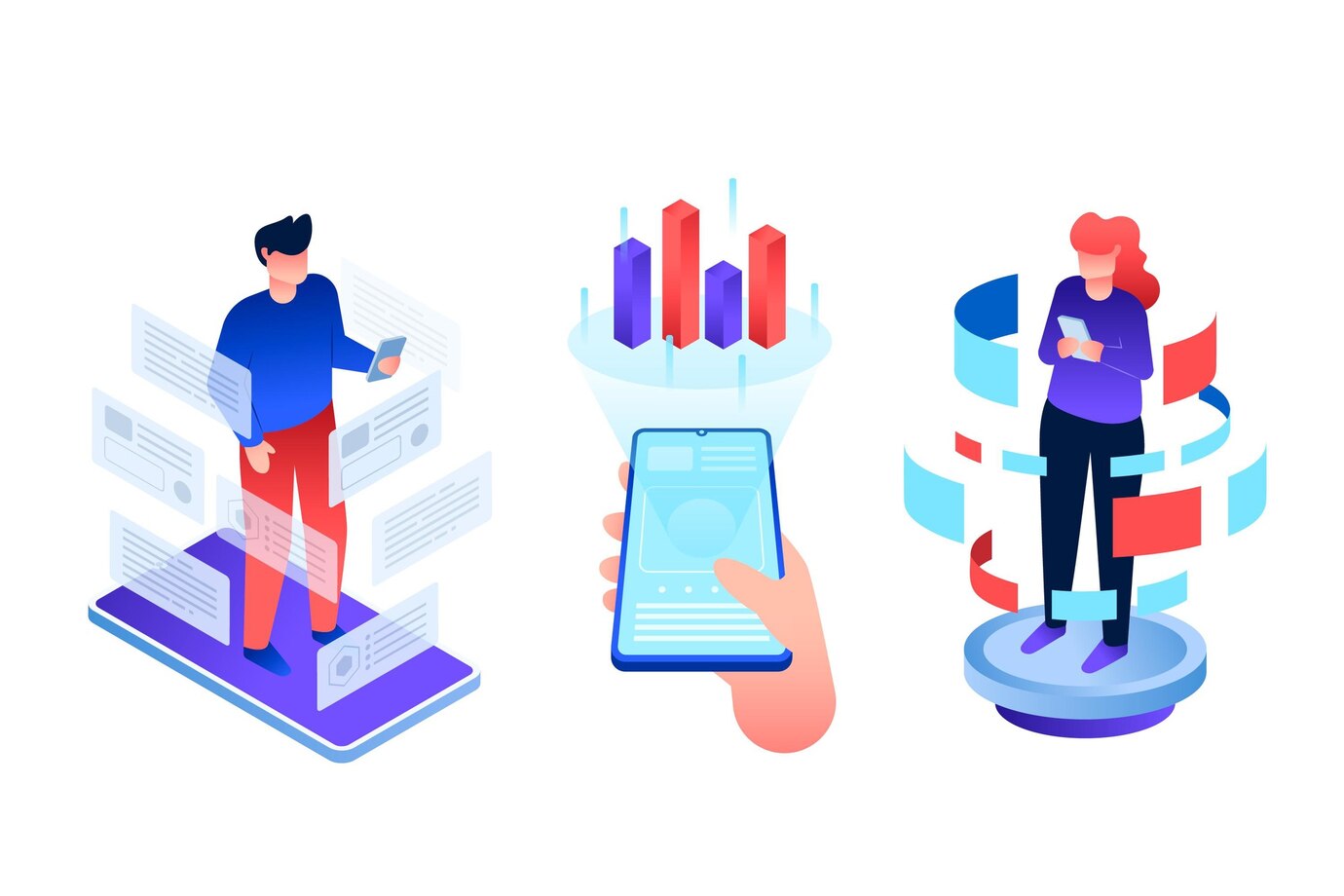The Role of Machine Learning in Mobile Apps
In today’s fast-paced digital era, Mobile Apps are no longer just about basic functionality; they have evolved into powerful tools that provide personalized experiences and advanced capabilities. One of the most significant advancements contributing to this evolution is the integration of Machine Learning (ML) in mobile app development. For mobile app development, embracing machine learning offers immense potential to enhance app performance, user engagement, and innovation. In this blog, we will explore the role of machine learning in Mobile Apps and its impact on the work of mobile app development.
Understanding Machine Learning in Mobile Apps

Machine Learning, a branch of Artificial Intelligence (AI), enables apps to learn from data and improve their functionality without being explicitly programmed. By processing large datasets, machine learning algorithms identify patterns and make predictions or decisions based on new inputs. This technology has been leveraged in many industries, and mobile app development is no exception. Whether it's for improving user experience, optimizing performance, or adding smart features, mobile app development are increasingly using machine learning to create smarter apps.
Enhancing User Experience with Personalized Features

One of the most significant contributions of machine learning in Mobile Apps is the ability to offer highly personalized user experiences. For mobile app development, understanding the preferences, behaviors, and habits of users is key to keeping them engaged. Machine learning can analyze user data and generate insights that allow developers to customize the app's interface and functionality to match individual user needs. For example, in social media apps, machine learning algorithms suggest content based on user preferences, likes, and interactions. In e-commerce apps, it recommends products based on browsing history and purchase patterns. These personalized recommendations not only enhance user satisfaction but also drive engagement and retention, which are crucial for the success of any app.
Smarter Search Capabilities

Another area where machine learning has revolutionized Mobile Apps is search functionality. Traditional search methods rely on keywords, while machine learning can enhance search capabilities by understanding the context and intent behind a user’s query. For mobile app development, implementing machine learning in search functionality means that the app can provide more accurate, relevant, and intuitive results. For instance, voice search in Mobile Apps powered by machine learning algorithms is becoming increasingly popular. mobile app development can integrate Natural Language Processing (NLP) into apps, allowing them to understand voice commands and return results with a human-like level of accuracy. This enhances the app's usability, making it easier for users to find what they’re looking for, whether it’s a product, service, or information.
Predictive Analytics for Proactive Features

Predictive analytics is another powerful application of machine learning in Mobile Apps. By analyzing past user behavior, machine learning algorithms can predict future actions and needs, allowing mobile app development to create proactive features. For example, in fitness apps, machine learning can predict the user’s exercise routine or diet plan based on previous behavior and provide timely reminders or suggestions. Similarly, in weather apps, predictive models can provide users with accurate weather forecasts tailored to their location and habits. Predictive analytics allows Mobile Apps to anticipate user needs, creating a more seamless experience. This not only improves user satisfaction but also gives apps a competitive edge by providing features that stand out from the competition.
Improving App Security with Machine Learning

Security is a top priority for mobile app development, especially with the increasing number of cyber threats and data breaches. Machine learning can play a critical role in enhancing app security by detecting unusual patterns and identifying potential threats before they cause harm. For example, fraud detection systems in mobile banking apps utilize machine learning to analyze transaction patterns and flag suspicious activities. Similarly, in social media apps, machine learning can help detect fake accounts or abusive behavior, improving overall security. Machine learning algorithms can continuously learn and adapt to new threats, ensuring that the app remains secure in the face of evolving risks.
Optimizing Performance and Efficiency

mobile app development are constantly striving to create apps that are not only feature-rich but also optimized for performance. Machine learning can significantly contribute to app performance by enabling smart optimization techniques. For instance, machine learning algorithms can help reduce battery consumption by analyzing app usage patterns and optimizing background processes. By understanding which features are frequently used, machine learning can ensure that resources are allocated efficiently, leading to longer battery life and smoother performance. Similarly, machine learning can assist in optimizing the app's speed by predicting user interactions and preloading content accordingly, resulting in faster load times and better responsiveness.
Real-time Translation and Localization

Localization is another area where machine learning is making a significant impact. With the global reach of Mobile Apps, developers must ensure their apps cater to a wide range of languages and regions. Machine learning-based language translation tools are now available to help app developers localize their apps in real time. Mobile Apps that integrate machine learning algorithms for language translation can provide users with instant, contextually accurate translations. Whether it's for user-generated content, product descriptions, or customer support, machine learning-based translation tools can bridge the language barrier, making apps more accessible to international audiences.
Future Trends: AI-Driven Mobile Apps

As technology continues to advance, the integration of AI and machine learning in Mobile Apps is expected to grow exponentially. The future of Mobile Apps will see even deeper levels of intelligence and automation. mobile app development will increasingly rely on machine learning to create more intuitive, adaptive, and intelligent apps that not only respond to user needs but also anticipate them. For instance, we can expect more sophisticated virtual assistants, improved augmented reality (AR) experiences, and enhanced voice and gesture recognition features. Machine learning will also help Mobile Apps become more context-aware, allowing them to adapt to a user's environment, location, and current activity.
Conclusion

Machine learning is undeniably transforming the mobile app development landscape. For mobile app development, incorporating machine learning into apps can unlock a wealth of opportunities to enhance user experience, improve security, optimize performance, and stay ahead of the competition. As technology continues to evolve, the role of machine learning in Mobile Apps will only become more critical, enabling developers to create smarter, more innovative apps that cater to the growing demands of users worldwide. Embracing machine learning is no longer just a trend; it’s becoming an essential tool for mobile app development aiming to build the next generation of cutting-edge applications.






